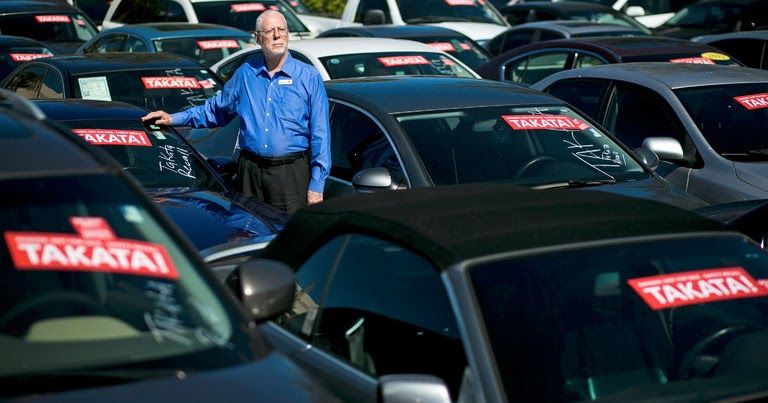
In the fast-paced and ever-evolving world of automobiles, one quality stands out above all others as the top choice for discerning drivers: reliability. No one wants to spend their hard-earned money on a vehicle that requires frequent repairs or breaks down on the side of the road. Reliability means drivers can rest assured that their beloved vehicle will start every time, perform exceptionally well, and maintain its value for years to come.
When it comes to reliable vehicles, one clear leader stands out on the global stage: Japan. For decades, Japanese automakers have set the gold standard for automotive reliability, earning the trust of global consumers through meticulous engineering design, durable components, and an unwavering commitment to quality. According to comprehensive reliability reports, including those from industry authority Consumer Reports, Japanese automotive brands consistently rank at the top, often leaving competitors far behind.
This article will focus on Japanese car brands that not only achieve but consistently maintain exceptional reliability scores. Through data-driven insights and real-world owner feedback, we will uncover the reasons behind their outstanding performance, providing you with the key information needed to make an informed purchasing decision.
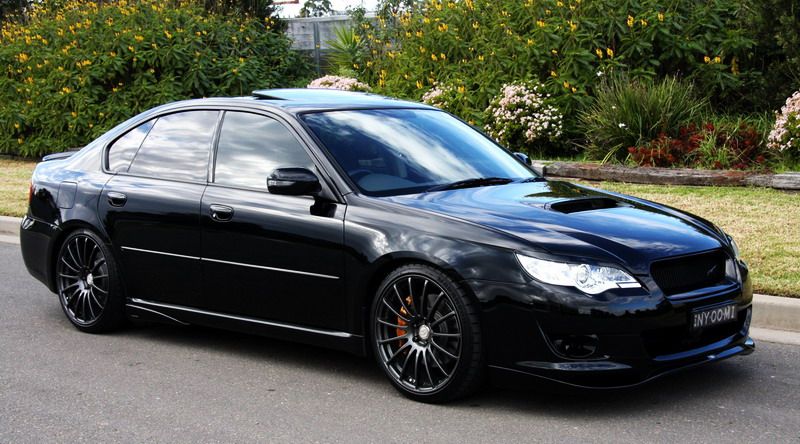
1. **Subaru**: Consistent reliability, proven components, and unwavering confidence. Subaru has indeed achieved an impressive feat this year, subtly yet confidently surpassing some long-standing popular models to secure top positions in multiple major reliability rankings. Their secret lies not in chasing fleeting trends or reinventing the wheel with every new model, but in unwavering consistency and a conservative engineering philosophy that continues to pay dividends over the long term. This commitment to refinement rather than radical change is precisely why Subaru owners are renowned for their deep loyalty—they often drive their vehicles for a decade or more, accumulating vast mileage with few issues.
At the core of Subaru’s engineering philosophy is its symmetrical all-wheel drive system, which delivers true confidence and control whether navigating snow-covered roads, driving in the rain, or tackling unpaved terrain. Models like the rugged, pet-friendly Forester and the ever-practical Outback are meticulously designed to handle seasonal changes and challenging terrain, showcasing their robust engineering. In Subaru vehicles, you won’t find untested touchscreen experiments, reflecting their focus on practical, reliable technology.
Subaru models are simple and honest to maintain, designed to run smoothly without requiring significant investment. Even their recently launched electric model, the Solterra, is seen more as a Toyota cousin than a pure Subaru original, further proving that their core technology remains as solid and reliable as ever. For drivers seeking true reliability, rugged outdoor style, and a practical mindset, Subaru remains a wise and trustworthy choice, no matter where your adventures take you.
Read more about: Decades of Dust, Gears, and Dreams: Unearthing Hidden Classic and Sports Cars from Abandoned Estates
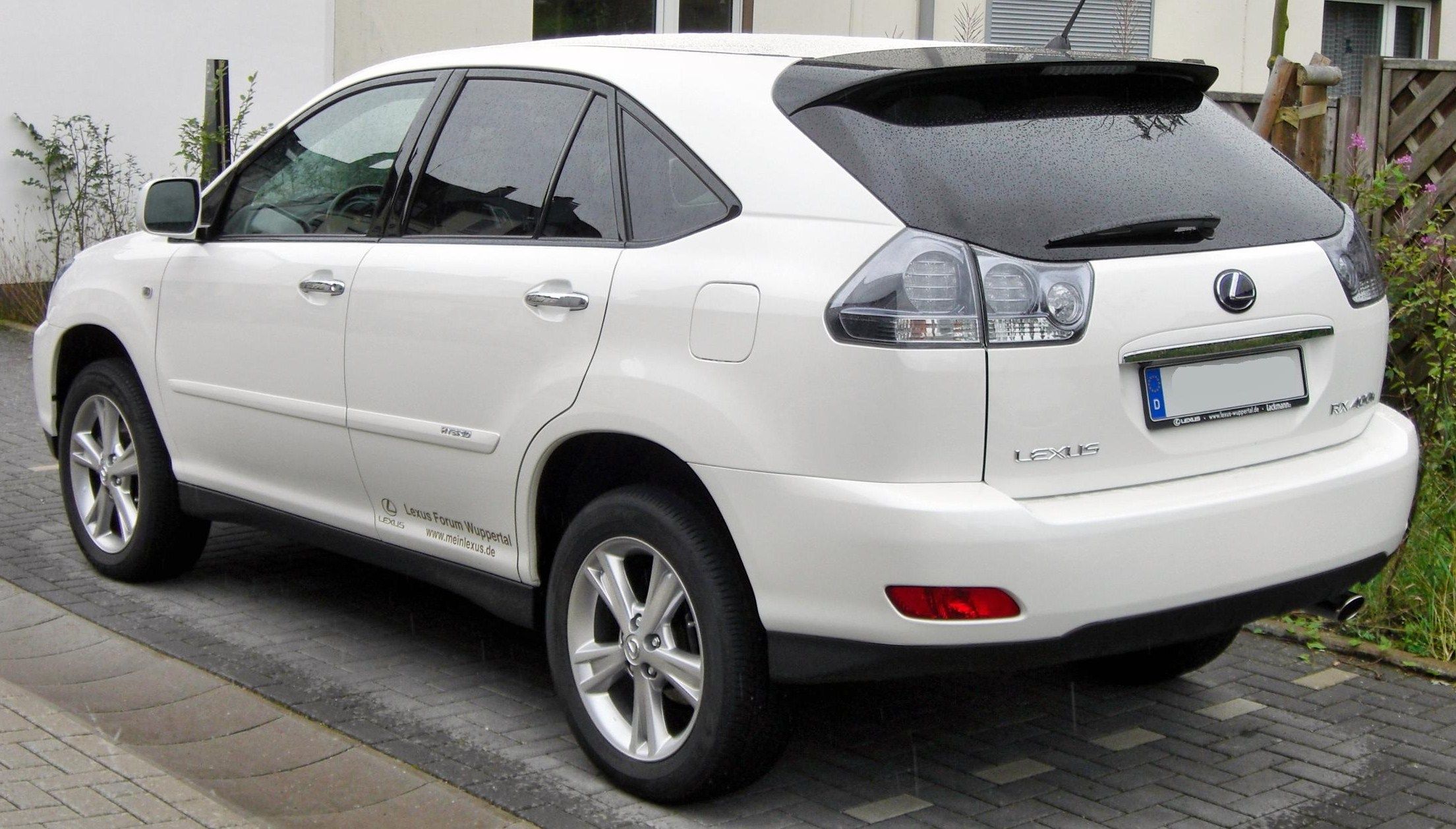
2. **Lexus**: Lexus, the epitome of luxury, durability, and Toyota’s exceptional quality, has consistently pursued perfection year after year with a steady and confident brand image. This trait is equally evident in 2025, as Lexus continues to maintain the lowest reported failure rate in the industry. At the core of its enduring success lies a simple yet powerful formula: beneath the meticulously crafted leather, elegant design, and serene interior environment lies a wealth of proven, over-engineered Toyota DNA. This strategically integrated, robust component from its parent company is the key factor behind Lexus’s renowned reliability.
This deeply ingrained reliability directly benefits owners with fewer breakdowns, simpler repairs, and often lower maintenance costs compared to many other luxury brands. The long-term value retained by Lexus makes many competitors seem like bottomless money pits.
Models like the RX and GX remain unshakable forces in their respective segments, earning respect for their unwavering reliability and powerful performance. Additionally, even its advanced hybrid models maintain stability and impressive reliability over the long term, showcasing cutting-edge engineering that does not compromise on reliability. Should any issues arise, replacement part costs typically align with Toyota standards rather than the exorbitant bills often associated with German competitors. This represents a significant advantage for savvy luxury car enthusiasts who understand the true value beyond the initial purchase price.
Read more about: Timeless Automotive Icons: 10 Cars From the 1940s That Still Command Attention Today
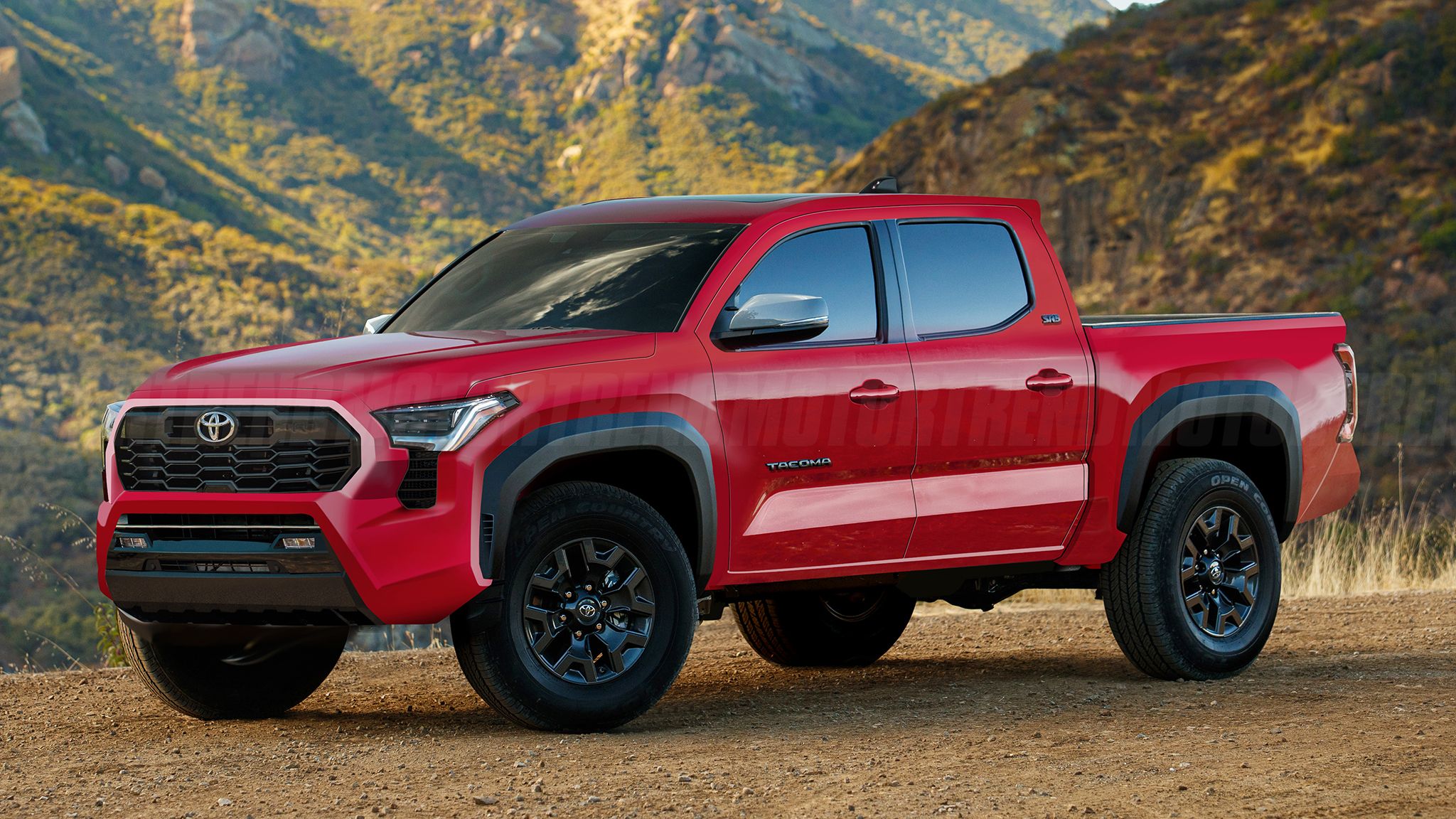
3. **Toyota**: Classic models like the Camry and Corolla have undoubtedly transported more American families to school, work, and leisure activities than any other brand in automotive history. It is often joked that a significant portion of Corollas with over 400,000 miles on the odometer have never visited a repair shop in years, whereas many new, flashy models require some form of maintenance shortly after leaving the dealership. This enduring legacy is a testament to Toyota’s core philosophy.
In 2025, Toyota once again demonstrated that sticking to proven methods is always superior to chasing fleeting trends or the allure of unproven technologies. From reliable entry-level sedans to the ubiquitous and highly practical RAV4, Toyota continues to provide owners with a calm, predictable, and rock-solid driving experience in an increasingly unpredictable world. Has their approach undergone a fundamental shift over the years? Hardly, and that is precisely the point. It is this unwavering commitment that has fostered their extraordinary endurance and steadfast performance.
Toyota’s legendary hybrid models, such as the Prius, are more refined than ever, offering unmatched fuel efficiency without compromising reliability. Thanks to its extensive U.S. assembly network and broad supply chain, Toyota parts are readily available, ensuring swift and hassle-free repairs in the rare event of an issue. Even its entry-level models exude durability and quality, with no part feeling rushed or fragile.
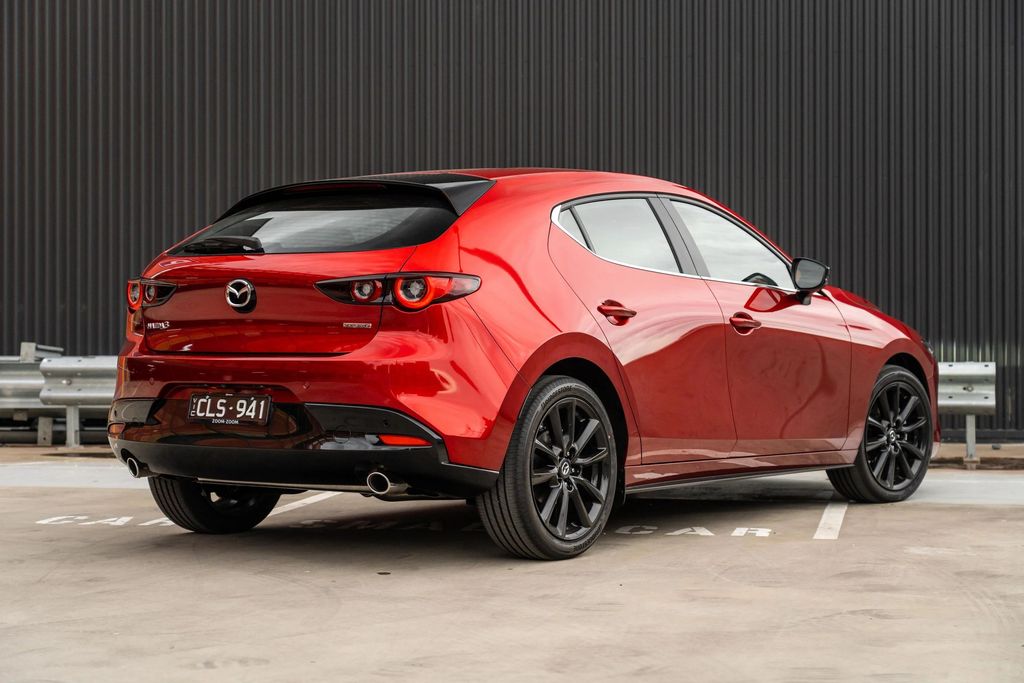
4. **Mazda**: The unexpected rise in rankings for driving performance, refined design, and reliability Mazda’s sales may not rival those of industry giants like Toyota or Honda, but the vehicles it sells have rarely disappointed owners. In fact, 2025 marks a breakthrough year for Mazda, as the brand has surged to near the top of key reliability rankings that consumers truly care about. This remarkable achievement is no accident; it stems from Mazda’s unwavering commitment to classic engineering principles, emphasizing genuine engines, robust transmissions, and a rejection of overly complex design, resulting in vehicles that deliver exceptional performance.
Mazda’s interior design often exceeds its price point, offering a premium feel that contrasts sharply with its affordability, while the driving experience itself is filled with quiet pleasure and immersion. The company’s meticulous attention to detail is truly remarkable, from clear visibility and intuitive control layouts to ergonomically designed seats, all of which reflect its relentless pursuit of comfort and safety. Models like the CX-5 and CX-9 continue to be popular choices among family users, combining rock-solid reliability with surprising driving pleasure and responsiveness, perfectly balancing practicality and driving experience.
While Mazda’s dealer network in certain regions of the US may be perceived as more boutique-oriented, owners consistently praise its service standards as top-tier, renowned for its refreshing honesty and transparency. An increasing number of drivers are recognizing the exceptional value, reliability, and driving pleasure offered by these meticulously crafted Japanese vehicles.
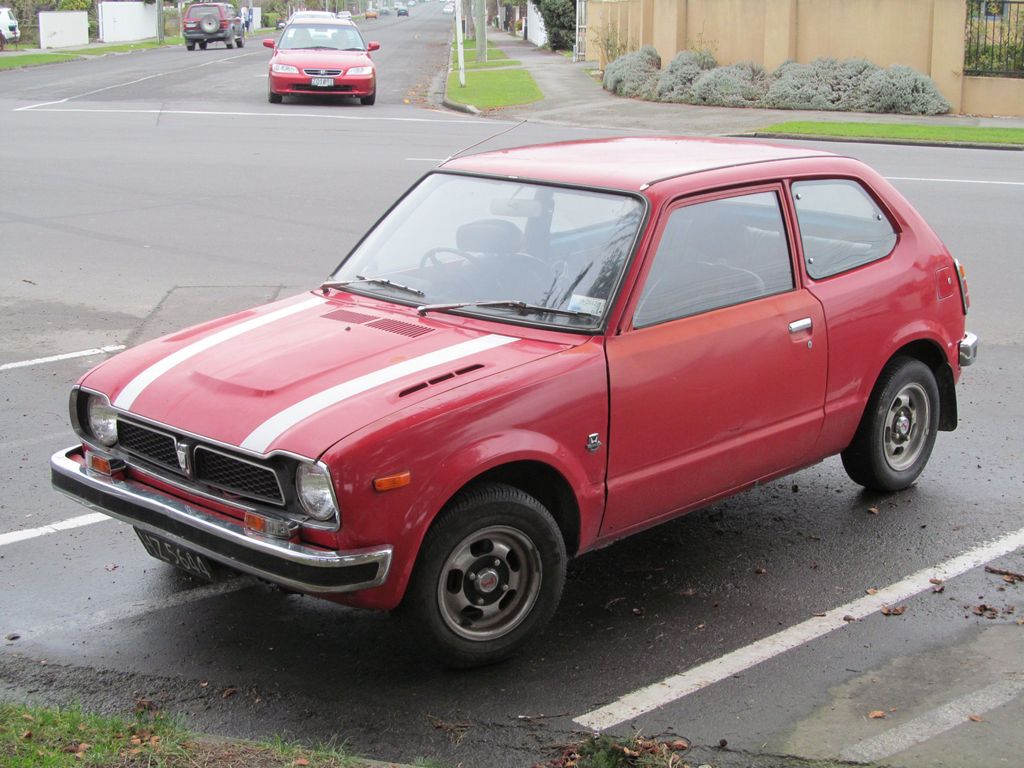
5. **Honda**: Practicality, low maintenance costs, and durability Honda may not be the most eye-catching brand on this authoritative list, but ask any owner—especially those who continue to drive their vehicles after exceeding 200,000 miles—and you’ll quickly understand why the brand consistently stands out for its reliability. In 2025, Honda remains at the top of the reliability rankings, largely due to its product lineup consistently adhering to time-tested, proven designs. Its flagship models, the Accord and CR-V, remain undisputed stars, offering a smooth ride akin to driving on freshly paved asphalt, intuitive and user-friendly controls, and virtually no complaints from its large base of long-term satisfied owners.
One of Honda’s undeniable strategic victories is its successful avoidance of the “technology trap” that has plagued some competitors in recent years—overly complex or unreliable in-car entertainment systems that diminish the owner experience. Honda’s dashboard still features tactile buttons and a logical layout, making operation simple and intuitive, while its engines are renowned for their durability and powerful performance. Honda parts are extremely widespread, and you can even find them at most small-town repair shops, further reducing ownership costs.
Additionally, Honda’s repair costs are typically not exorbitant, and its maintenance schedule is as simple, clear, and predictable as a classic three-chord song. An added advantage is that a significant portion of its robust product line is still produced domestically in the US, which directly means fewer delays in parts transportation and faster resolution of issues when repairs are needed. If you’re looking for a car that can reliably get the job done, let you enjoy driving in every season, and avoid unexpected hassles, Honda remains a top choice, consistently delivering on its promise of reliability.
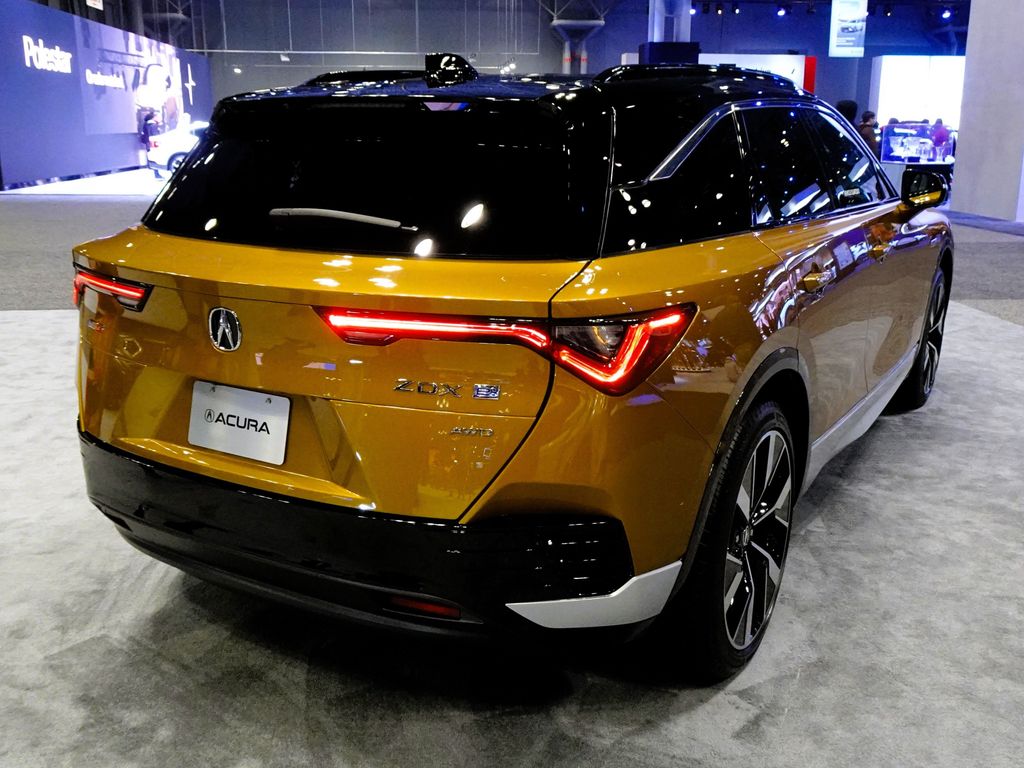
6. **Acura**: Luxury, Advanced Safety, and Proven Honda ReliabilityAs the luxury division of Honda, Acura consistently leverages the robust engineering and powertrain reliability that defines its parent company. This strategic sharing of fundamental components means that beneath Acura’s refined aesthetics and advanced technological features, there lies a core of time-tested dependability. While the brand might not always achieve the absolute top-tier perfection consistently seen with Lexus in some metrics, models like the TLX sedan and the MDX SUV offer a compelling and highly reliable blend of performance, technology, and rock-solid endurance that appeals to discerning buyers.
Acura vehicles are particularly noted for their luxurious interiors and comprehensive suite of advanced safety features, which are integrated throughout their lineup to enhance both comfort and security. This focus on passenger protection, combined with a commitment to user-friendly infotainment systems and powerful, yet reliable, engines, contributes significantly to their high owner satisfaction ratings. The commonality of parts with Honda also often translates into more accessible and affordable maintenance compared to many European luxury brands, further bolstering their appeal for long-term ownership.
Whether it’s the sporty dynamics of the TLX or the family-friendly versatility of the MDX, Acura delivers a premium ownership experience without the typical high-strung maintenance demands often associated with luxury vehicles. Their consistent performance in reliability surveys, coupled with the inherent durability derived from Honda’s engineering prowess, firmly establishes Acura as a formidable contender for those seeking both sophistication and unwavering dependability in their next vehicle.
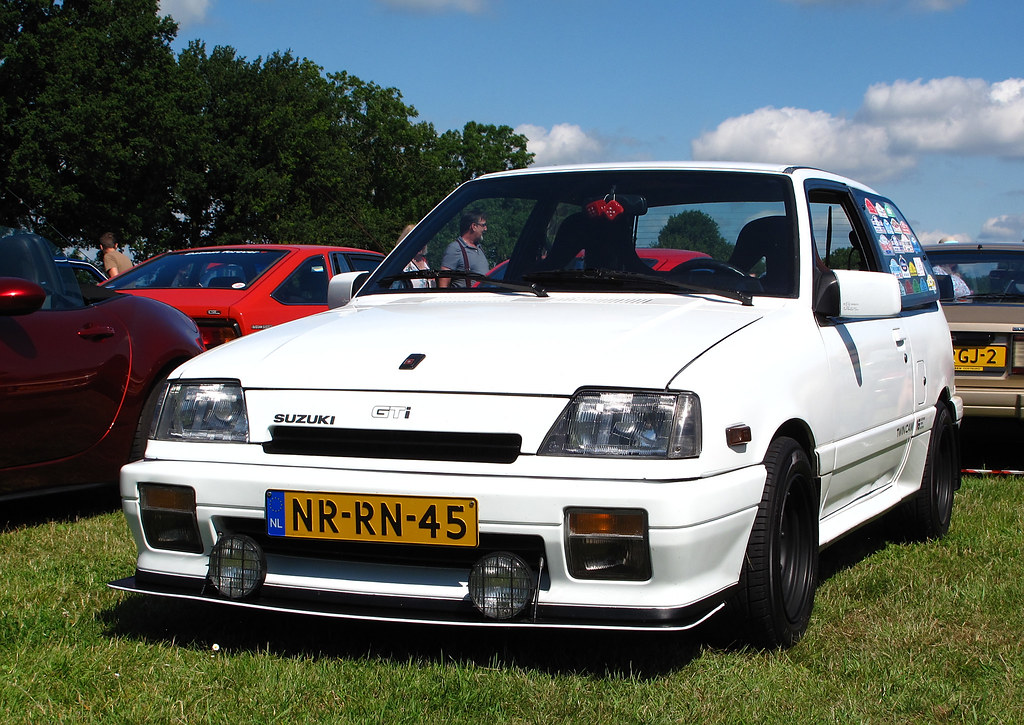
7. **Suzuki**: Consistent Performance in Global Reliability PollsSuzuki, while perhaps a more specialized name in certain global markets, firmly establishes its presence among the most reliable Japanese car brands, consistently appearing in top-tier dependability polls across decades. The brand has garnered significant recognition for its robust engineering and practical vehicle designs, particularly excelling in categories that prioritize compact efficiency and no-nonsense utility. This consistent appearance in various reliability rankings underscores a deep-rooted commitment to producing vehicles that are built to last and perform reliably under diverse conditions.
Specific surveys and reports highlight Suzuki’s impressive standings, reflecting a brand that prioritizes fundamental quality over fleeting trends. For instance, Suzuki was notably ranked 2nd in 2015 by “WhatCar” and secured the 4th position in 2017 in independent surveys, including the J.D. Power UK Vehicle Dependability Survey. Furthermore, the brand achieved respectable 2nd and 3rd positions in the J.D. Power UK Vehicle Dependability Survey in 2016 and 2015, respectively, while AutoExpress consistently rated Suzuki with an average of 4 out of 5 for reliability.
These strong, recurring performances across multiple independent assessments demonstrate Suzuki’s unwavering dedication to engineering vehicles that endure. For drivers who value practicality, efficiency, and a proven track record of dependability, Suzuki represents a compelling choice within the Japanese automotive landscape, offering peace of mind through its consistently reliable performance and strong showings in global reliability evaluations.
Read more about: Beyond the Garage: 15 Vintage Cars That Are Secretly Skyrocketing in Value Right Now

8. **Daihatsu**: Efficient, Reliable Kei Car LeadershipDaihatsu, while perhaps not a household name in every global market, secures its place among Japan’s most reliable automakers primarily through its dedication to the “kei car” segment. These ultra-compact and efficient vehicles are meticulously engineered to maximize interior space and fuel economy within Japan’s strict size and engine displacement regulations. This specialized focus inherently prioritizes robust and dependable components, as these vehicles are often used intensively in dense urban environments, demanding exceptional durability from their compact powertrains and chassis.
This commitment to the “kei car” segment translates directly into a reputation for high reliability and efficiency. Daihatsu’s engineering philosophy emphasizes functional design and proven technologies, resulting in vehicles that are refreshingly straightforward and exceptionally well-suited for their intended purpose. Their success within this highly competitive domestic market is a testament to their precise manufacturing, where a keen eye for detail ensures every component contributes to the vehicle’s long-term operational integrity and reduced maintenance needs.
Daihatsu vehicles, often characterized by their practical design and ease of maneuverability, consistently deliver on their promise of reliability. Their enduring popularity and success in a niche that demands maximum efficiency and minimal fuss underscore a profound understanding of how to build small, yet incredibly durable and dependable, automobiles. This unwavering commitment earns them a rightful spot on our list of most dependable Japanese brands for 2025, proving that reliability comes in all sizes.
Read more about: Toyota S-FR Takes Aim at MX-5 Miata, Completing 3-Car Sports Lineup
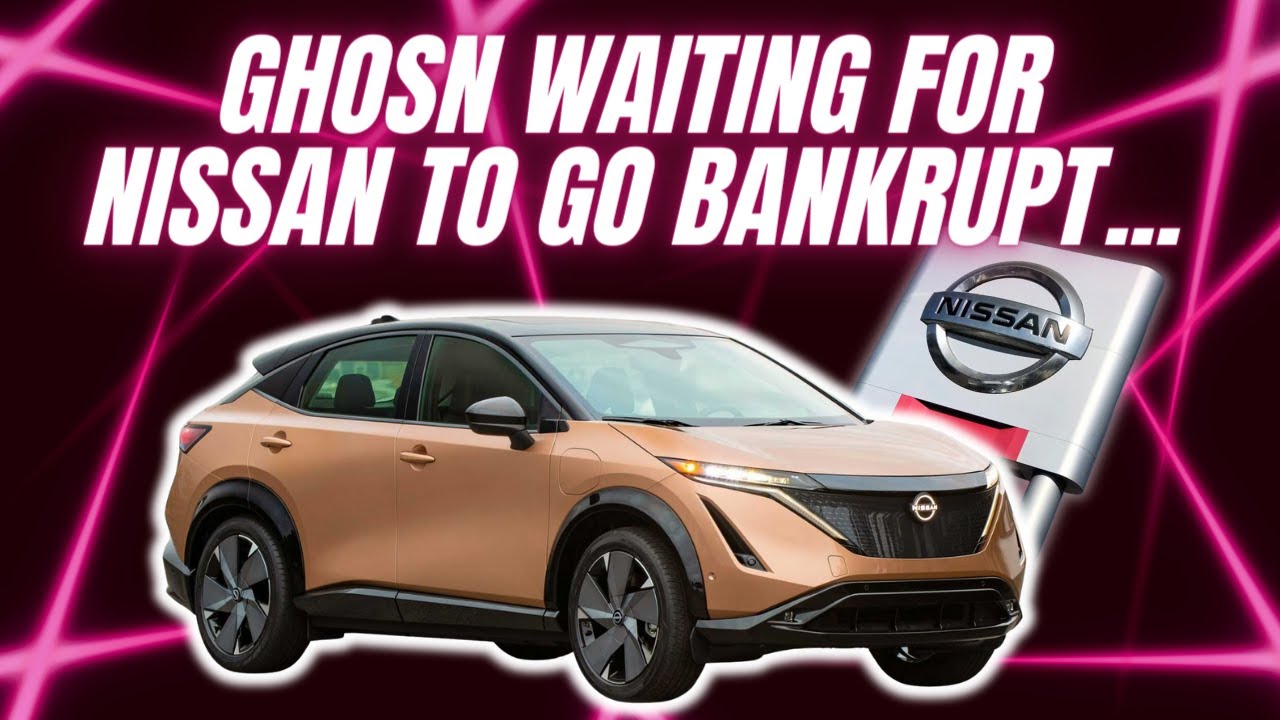
9. **Nissan**: Solid Reliability, Popular Models, and Evolving QualityNissan has long been a popular choice among consumers, earning a reputation for quality and reliability that contributes to its consistent appeal. Over the years, the company has gained significant recognition, even becoming noted as the largest electric vehicle manufacturer, showcasing its commitment to innovation. Based on examined data from various Nissan models, the Reliability Index has positioned Nissan notably at 9th place among 32 car brands, highlighting its overall solid performance in dependability metrics.
While Nissan’s overall reliability rating of 52.7% might not always be as high as some of its Japanese counterparts in certain reports, the brand demonstrates a steady progression towards achieving higher rankings. Specific models, such as the Nissan Murano, are frequently cited as highly dependable midsize SUVs, reflecting pockets of exceptional reliability within their diverse lineup. Furthermore, according to a “Cheatsheet” report, Nissan models are noted for their impressive longevity, often reaching mileages of up to 195,593 miles before a significant decline in value, a testament to their inherent durability.
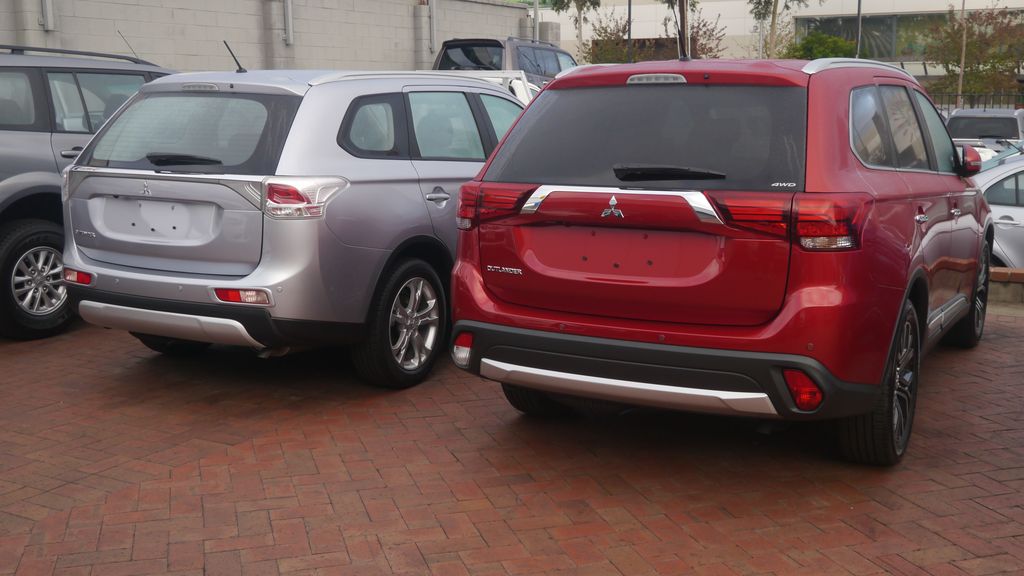
10. **Mitsubishi**: Durability, Value, and Straightforward EngineeringMitsubishi, with its updated models, continues to impress, demonstrating a significant resurgence in reliability ratings. While the brand faced scrutiny in the past, including being reported as unreliable by Consumer Reports in 2016, it has made remarkable strides, now being recognized among reliable manufacturers. This turnaround is evidenced by its commendable 7th place finish in the 2017 J.D. Power Dependability Survey, a clear indicator of its renewed commitment to quality and owner satisfaction.
Mitsubishi’s emphasis on proven, simple powertrains and a focus on durability means fewer potential issues down the road for owners. Their impressive overall reliable rating of 90.8% for updated models further underscores a brand that has not only learned from past challenges but has also successfully re-established itself as a reliable and economical choice. For drivers seeking a vehicle that combines robust performance with an attractive price point and a strong commitment to long-term reliability, Mitsubishi is certainly a brand worth revisiting.
In a world where vehicle longevity and trouble-free ownership are increasingly valued, these Japanese car brands continue to lead the charge, year after year. From the rugged versatility of Subaru to the refined elegance of Lexus, and the workhorse dependability of Toyota, Honda, and Mazda, the core principles of meticulous engineering and unwavering quality permeate their entire automotive ecosystem. This deep-seated commitment extends to brands like Acura, offering luxury without compromise on reliability, and even those with a more specialized focus like Suzuki and Daihatsu, proving that dependable transportation comes in many forms.


